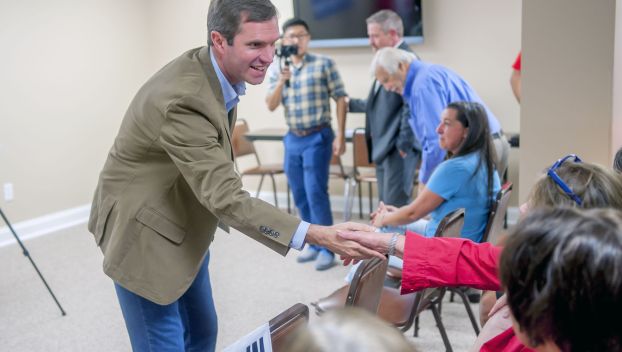News
Paul, Coleman urge opposing votes on Amendment 2
By David Horowitz / david.horowitz@bgdailynews.com About a week from the election, U.S. Sen. Rand Paul and Kentucky Lt. ... Read more
By David Horowitz / david.horowitz@bgdailynews.com About a week from the election, U.S. Sen. Rand Paul and Kentucky Lt. ... Read more
About a week from the election, U.S. Sen. Rand Paul and Kentucky Lt. Gov. Jacqueline Coleman spoke at ... Read more

Speaking Tuesday before a group of retired teachers, Kentucky Attorney General Andy Beshear vowed that, if he’s elected ... Read more